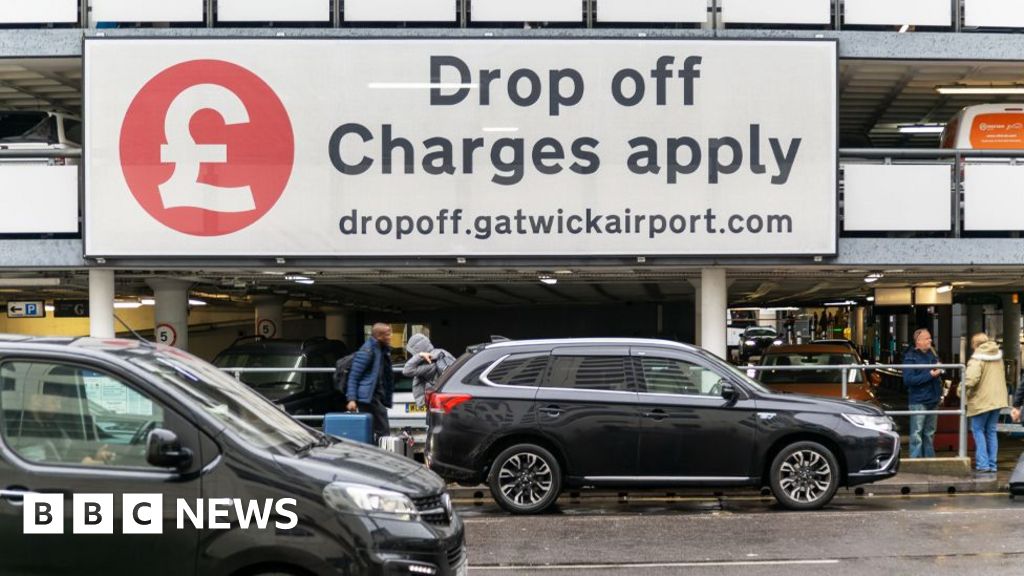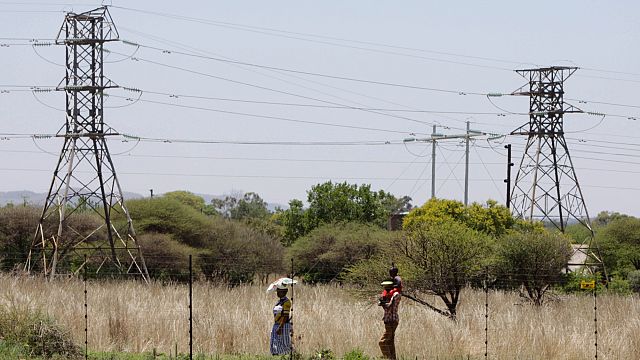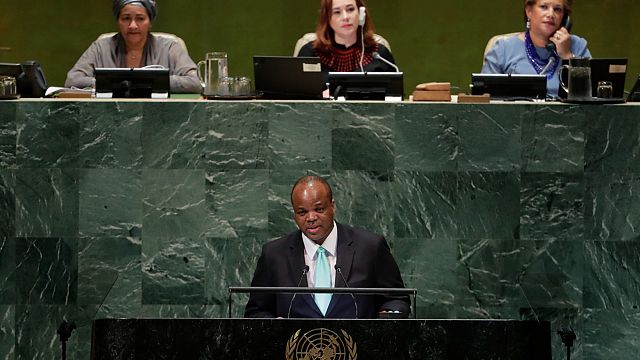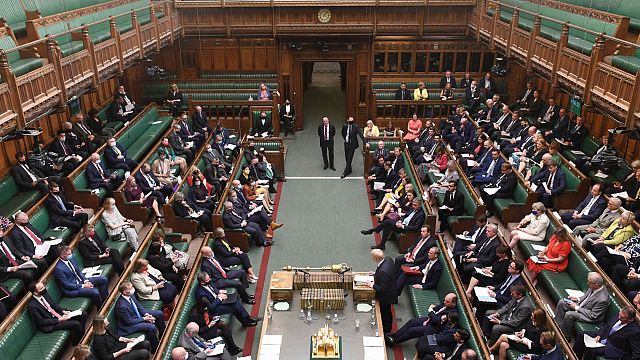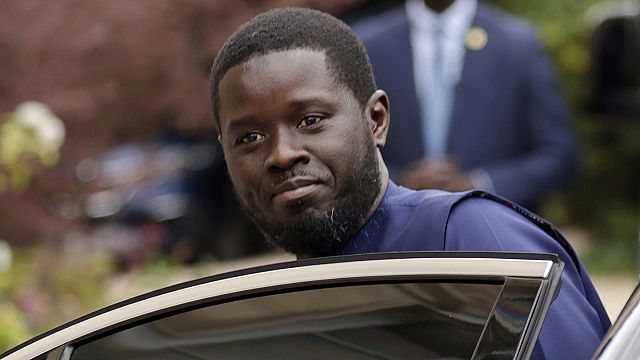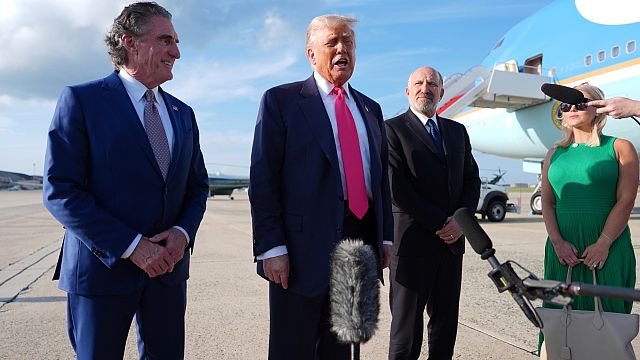Eswatini Says It Will Repatriate Migrants Deported by the Trump Administration


The tiny African kingdom of Eswatini announced on Wednesday that it would repatriate the five migrants who had been deported there by the United States, a day after American officials said the migrants’ home countries had refused to accept them.
The migrants came from Vietnam, Jamaica, Laos, Yemen and Cuba, and had been serving time in American prisons for serious offenses, according to the Department of Homeland Security.
Their removal was the first so-called third-country deportation from the United States to take place since the Supreme Court ruled this month that the Trump administration could move forward with the practice.
The flight included individuals whose own countries “refused to take them back,” Homeland Security Department Assistant Secretary Tricia McLaughlin wrote on X Tuesday night.
But an Eswatini government spokeswoman, Thabile Mdluli, said in a statement on Wednesday that the governments of her country and the United States, together with the International Organization for Migration, will “facilitate the transit of these inmates to their countries of origin.”
The International Organization for Migration said that it had no involvement in the removal of the migrants from the United States and had not been asked to provide any support with repatriation.
The Trump administration has worked aggressively to broker deals with international partners willing to take deportees. Legal experts have challenged the deportations on the grounds that the migrants could be subject to mistreatment and torture.
Earlier this month the Supreme Court approved the deportation of eight men to South Sudan, only one of whom is from that country. Their families have not heard from them since, according to their legal team. Officials in South Sudan, where a civil war is raging, have said the men are “under the care of the relevant authorities,” but have provided no further details.
After the Supreme Court decision, immigration officials acted quickly to implement new regulations that allow the government to carry out third-country deportations in as little as six hours, even without assurances that the migrants will be safe.
Former immigration officials view the deportation efforts as part of the administration’s push to get migrants to self-deport.
“This is another clear example of how the United States is flagrantly violating the law restricting it from deporting people to countries where they will likely be persecuted or tortured,” said Matt Adams, a lawyer for the migrants sent to South Sudan.
The Trump administration used the deportations to Eswatini “simply for political theater,” he said. “Spending millions of dollars to fly five men to the other side of the planet.”
Eswatini, formerly known as Swaziland, is tucked between South Africa and Mozambique and has one of Africa’s last ruling monarchies. The kingdom is divided between those who praise its adherence to tradition and those who argue that the lavish lifestyle of King Mswati III stands in painful contrast to the poverty afflicting many of the country’s 1.2 million people.
Some citizens of Eswatini and foreign governments have also raised concerns about the country’s human rights record, accusing the government of using excessive — sometimes lethal — force against people who oppose the king.
Those opposed to the monarchy were quick to condemn the arrival of the deportees.
“This is appalling,” said Lioness Sibande, the secretary general of the Swaziland Peoples Liberation Movement, an opposition group. She described the move as an example of the West’s long history of exploiting African nations. “The West is always disrespecting us as Africans and thinking we are their dumpsite,” she said.
In her statement, Ms. Mdluli, the government spokeswoman, sought to temper the concerns of Eswatini citizens. She said the deportees were being held in isolation units at correctional facilities.
The decision to take migrants from the United States came after months of talks that included “rigorous risk assessments and careful consideration for the safety and security of citizens,” she said. “The nation is assured that these inmates pose no threat to the country or its citizens.”
Ms. Mdluli added that she could not reveal what Eswatini received in return for taking the migrants because the terms of the agreement with the United States remain classified.
What's Your Reaction?
 Like
0
Like
0
 Dislike
0
Dislike
0
 Love
0
Love
0
 Funny
0
Funny
0
 Angry
0
Angry
0
 Sad
0
Sad
0
 Wow
0
Wow
0
